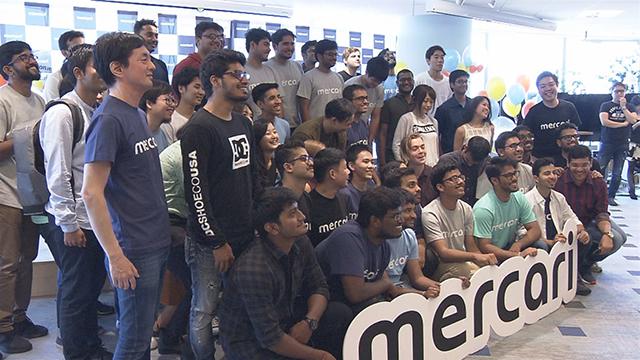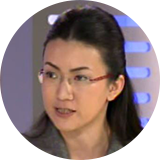Keidanren's surprise announcement
Keidanren Chairman Hiroaki Nakanishi unveiled his decision at a news conference on October 9th. He said Keidanren will no longer require its member companies to follow recruitment guidelines maintained for over 6 decades.
"In Japan, the workforce was homogenous, and competition wasn't fierce. This is no longer functional in a global environment," Nakanishi told NHK. "We must all think of new styles of business."
He said the guidelines will start with students who will be employees in spring 2021.

Agreement for recruitment
Over 1,300 major firms and 100 group industries are members of Keidanren, Japan's leading business lobby. Keidanren created its recruitment guidelines in 1953 at a time the member companies' hunt for college graduates was heating up due to a labor shortage during the country's rapid economic growth.
Recruiters would pursue students even when they were busy trying to complete studies in their final year at university. Students complained that they weren't able to concentrate on studies, and that led to the government, universities and businesses to set rules for job hunting.
The guidelines require firms to begin job briefing sessions and interviews at specific times of the year, and to hire all employees in April. In 2018, briefing sessions began in March and interviews began in June for students in their final year of university.
An outdated system
The rules are not compulsory, and there are no penalties for companies who do not follow them. Many non-Keidanren companies, especially foreign firms and those in the IT sector, have been recruiting students much earlier than guidelines specify.
Research by human resource company Recruit Career showed that by the time the firms began job interviews last year in accordance with the guidelines, 69 percent of 900 students already had a job offer.

Mixed reaction from students
Education Ministry officials are scheduled to discuss the plan this month with Keidanren to minimize the impact of the change on students.
When asked about Keidanren's decision, students showed mixed reactions.
One student said, "I think it's good that they will scrap the guidelines because I'll have more time to search for a job and have better chances." Another said, "It'll make it difficult for us to know when to begin job hunting."
Keidanren's Nakanishi explained how the hiring system could no longer meet the demands of a global market. "Companies want more students with better language skills, expertise, and intelligence to understand multiple cultures," he said.
He added universities should make efforts to nurture students to become capable of contributing to companies' global competence.
Severe global competition
Some leading Japanese firms are already in a race to hire employees they really want in the face of fierce global competition.
E-commerce firm Mercari conducts year-round recruitment. It is even reaching out for international talent. Out of its 100 recent hires, over a third are tech engineers from India. The company official in charge of human resources, Shunsuke Karasawa, says, "We are doing all we can to stay globally competitive.”

In 2017, a record-high number of 22,400 foreign students who graduated universities and vocational schools in Japan landed a job in the country.
Government officials say that's because firms have an increasing need for workers who can handle international deals.
Showa Women's University Professor Naohiro Yashiro, an expert on Japan's labor system, says many companies already disregard Keidanren's rules.
"Japan's traditional recruiting style led to the creation of young employees without extraordinary skills. More companies will choose to recruit people who can compete on a global scale throughout the year. Students will have to get used to it. "

